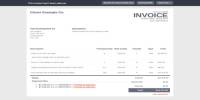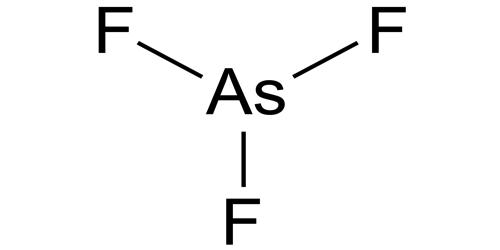Concept of Branch
The recent process of globalization and its development hit all the nations of the world for their rapid development of trade, commerce, and industries. In order to increase the volume of profit, it is the primary aim of all business enterprises to increase their volume of sales. The branch, therefore, is the result of the rapid growth of business in the world. Since there is international access to trade and commerce, business undertakings are opening their establishment nationally and internationally in the different parts of the world. A branch of an organization such as the government or the police force is a department that has a particular function. Whatever the business undertaking opened by the organization, they are normally a segment of the original business undertaking.
In branch accounting, each branch is treated as an individual profit or cost center. Therefore, a branch can be defined as a segment of an enterprise normally controlled by head office being located in different geographical positions. In practice, the branches are playing a vital role to put the original establishment in existence. The advantages of branch accounting are that the business is able to identify the financial performance of each of its branches.
Types of Branches – Branches can be classified into two types.
(1) Dependent Branches: The term dependent branch means a branch that does not maintain its own set of books. Branches supply some related information to the Head Office, i.e., the position of cash, debtors stocks, etc. All records have to be maintained by the head office in case of a dependent branch. These branches are those which do not maintain separate books of account and wholly depend on the Head Office.
(2) Independent Branch: An independent branch means a branch, which maintains its own set of books. These branches are those which maintain a complete system of accounting. Such a branch can either be a home branch or a foreign branch. They may supply goods to Head Office, pay expenses and deposit cash in their own account like an independent unit.
















